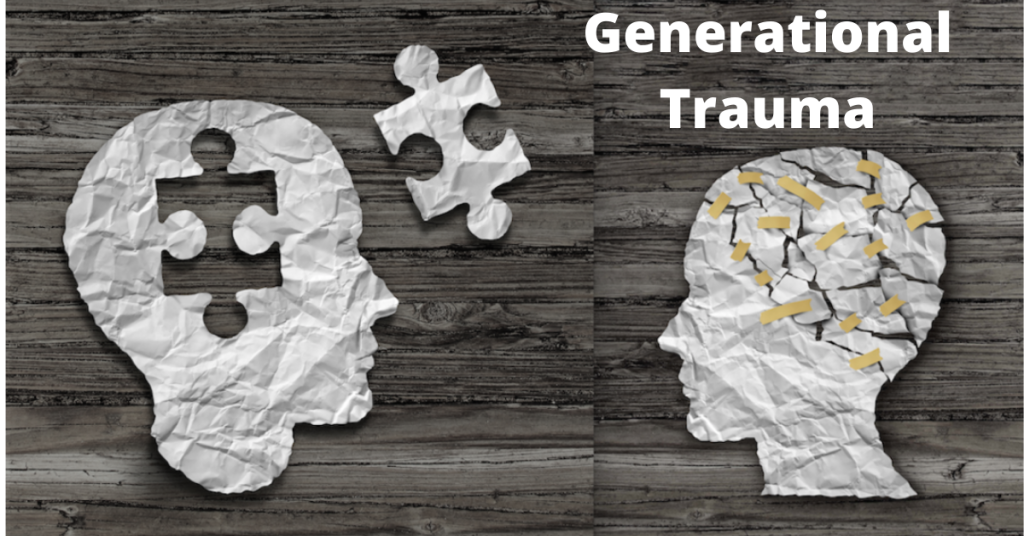The term “generational trauma” is the experience of different generations in relation to one another. It has become a well-known topic in recent years, with thousands of people seeking help for themselves and their family members who experienced generational trauma. This post will explore what generational trauma is, how it affects people, and the steps that can help to prevent or heal from it.
Contents
What Is Generational Trauma?
 Generational trauma is psychological trauma. This can be passed down through families across generations. However, this type of trauma can be caused by a variety of factors, including war, famine, natural disasters, and social or political persecution. This trauma can affect the way families interact with each other and can lead to psychological problems in future generations.
Generational trauma is psychological trauma. This can be passed down through families across generations. However, this type of trauma can be caused by a variety of factors, including war, famine, natural disasters, and social or political persecution. This trauma can affect the way families interact with each other and can lead to psychological problems in future generations.
This trauma can be especially damaging if it is not addressed and can have a lasting impact on families. It is important to seek help if you think you or your family may be affected by this trauma. This trauma can be especially damaging if it is not addressed and can have a lasting impact on families. It is important to seek help if you think you or your family may be affected by generational trauma.
Symptoms of Generational Trauma
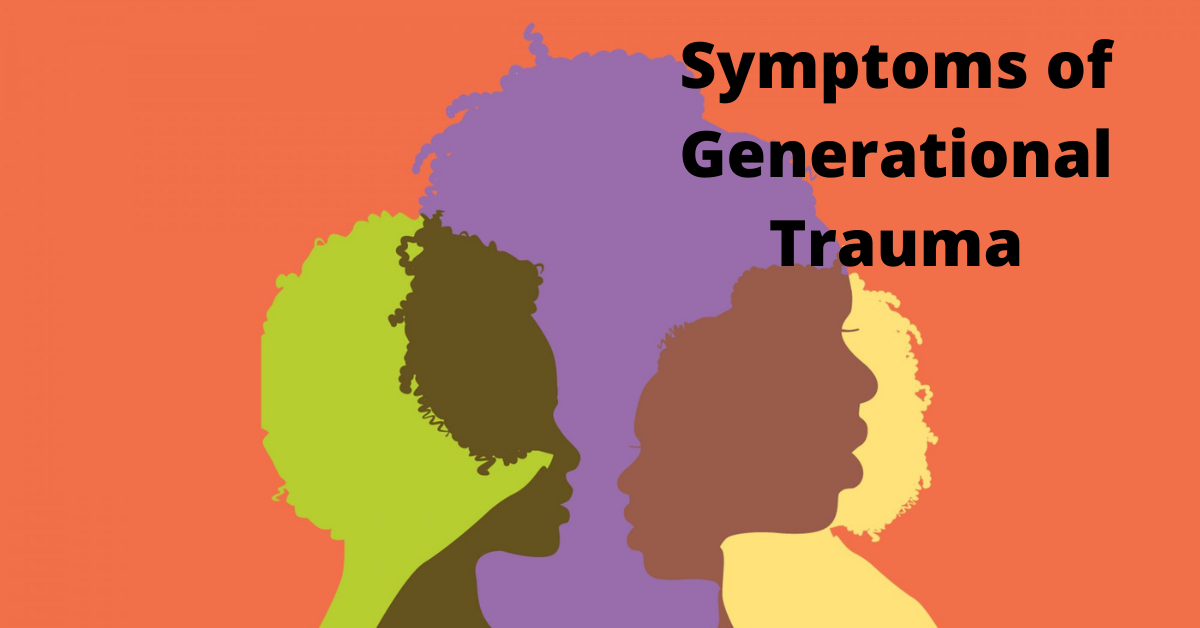
There are many symptoms of generational trauma, and they can vary depending on the individual. Some common symptoms include:
Depression
This sign is especially common in people who have experienced trauma early in life. People with this trauma may feel like they can’t escape the problems of their ancestors, and they often struggle with feelings of guilt and shame.
Anxiety
People with generational trauma may be more prone to anxiety disorders due to the stress of carrying around the weight of their family’s history. They may also experience panic attacks or intrusive thoughts about the traumatic events that occurred in their family’s past.
Relationship Problems
Sometimes generational trauma affects family dynamics. This type of trauma can cause families to be dysfunctional and can lead to tension and conflict between members. This can be especially true for families that have a history of violence or abuse.
Self-Esteem Issues
People with generational trauma may struggle with self-esteem issues due to the negative messages they received about themselves from their families. They may also feel like they are not good enough or that they need to live up to the expectations of their ancestors.
Addiction
Trauma can often lead to addiction as people attempt to self-medicate their pain. People with generational trauma are at a higher risk for developing addictions to drugs, alcohol, and sex. Sometimes people will also develop eating disorders in an attempt to cope with the trauma they have experienced.
Trust Issues
Trust issues are another common symptom of this trauma. People with this type of trauma may find it difficult to trust others. This is due to the fact that they have often been let down by the people in their lives. They may also be reluctant to form relationships out of fear of being hurt again.
Memory-Loss
This symptom is often seen in people who have experienced severe trauma. They may forget certain details about the traumatic event or they may completely block it out of their memory. This can be very damaging as it prevents them from processing and healing the trauma.
Irritability
This sign is common in people who are struggling with unresolved trauma. They may be easily angered or frustrated and they may have a difficult time controlling their emotions.
Anger
This is a common response to trauma and it can be especially intense in people who have experienced generational trauma. Furthermore, people with this type of trauma may often feel like they are constantly angry and that there is no end to the anger.
Causes of Generational Trauma
There are many causes of generational trauma. Some of the most common causes include:
War

The experience of war can be very damaging and can cause psychological problems in future generations. Children who see to war may develop PTSD or other mental health disorders. This type of trauma can also lead to addiction and violence.
Sexual Abuse
This is a very common cause of generational trauma. People who are sexually abused often have trouble trusting others and they may struggle with self-esteem issues. This type of abuse can also lead to addiction and eating disorders.
Physical Abuse
Physical abuse is another common cause of generational trauma. Children who are physically abused often have trouble forming healthy relationships later in life. They may also be more likely to engage in abusive behavior themselves.
Emotional Neglect
 Children who are emotionally neglected often feel like they don’t matter and that their parents don’t love them. This can be very damaging and can lead to self-esteem issues, anxiety, and depression. Furthermore, sometimes children like these will turn to drugs or alcohol to help them cope.
Children who are emotionally neglected often feel like they don’t matter and that their parents don’t love them. This can be very damaging and can lead to self-esteem issues, anxiety, and depression. Furthermore, sometimes children like these will turn to drugs or alcohol to help them cope.
Poverty
This is a common cause of generational trauma. Children who live in poverty often have to deal with many difficult challenges such as violence, hunger, and homelessness. This can lead to emotional problems and mental health disorders.
Genetics
 This is a less common cause of generational trauma. Some experts believe that certain genes can make people more susceptible to developing psychological problems after experiencing trauma. Sometimes people may inherit the trauma of their ancestors.
This is a less common cause of generational trauma. Some experts believe that certain genes can make people more susceptible to developing psychological problems after experiencing trauma. Sometimes people may inherit the trauma of their ancestors.
Natural- Disasters
This is a less common cause of generational trauma. Children who experience natural disasters such as hurricanes, floods, and earthquakes often have trouble coping with the traumatic event. They may develop PTSD or other mental health disorders.
Negative Impacts of Generational Trauma
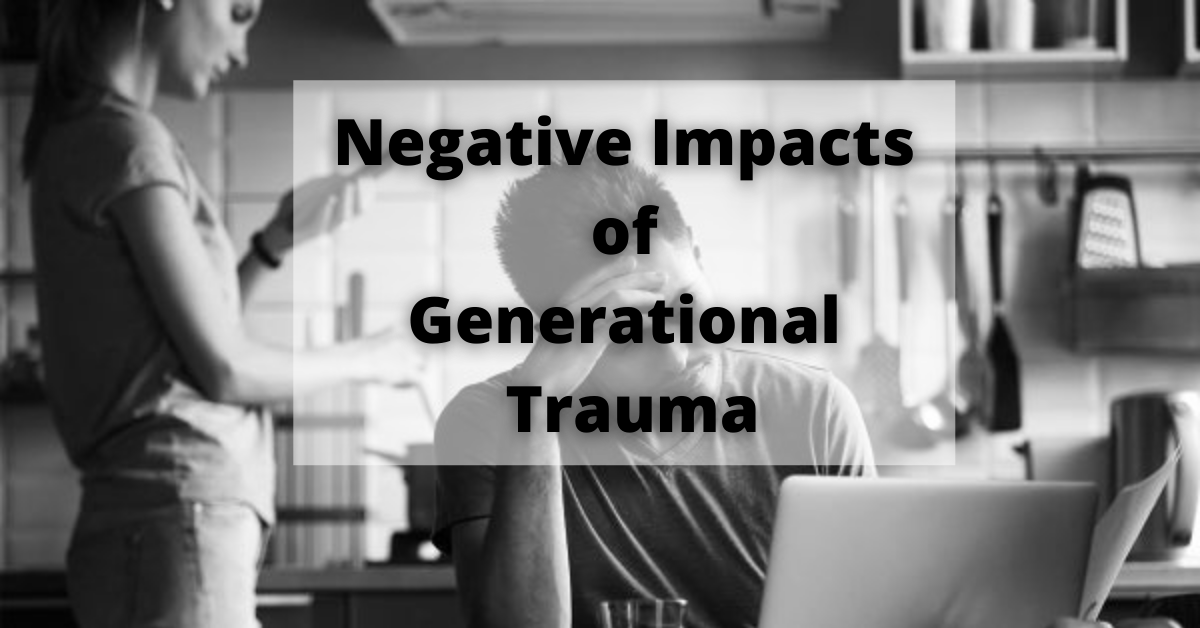
There are many negative impacts of generational trauma. Some of the most common impacts include:
Mental Health Disorders
People who have experienced generational trauma are more likely to develop mental health disorders such as PTSD, anxiety, and depression. Furthermore, these disorders can be very debilitating and can interfere with a person’s ability to function in everyday life.
Addictions
People who have experienced generational trauma are also more likely to develop addictions to drugs, alcohol, and sex. Furthermore, these addictions can be damaging and can often lead to criminal behavior.
Eating Disorders
People who have experienced generational trauma are also more likely to develop eating disorders such as anorexia nervosa or bulimia nervosa. These disorders can be dangerous and can often lead to physical and psychological problems.
Relationship Problems
People who have experienced generational trauma often have difficulty forming healthy relationships. Furthermore, they may be distrustful of others and they may struggle with intimacy. They may also be more likely to engage in abusive behavior.
Suicide Attempts
People who have experienced generational trauma are more likely to attempt suicide. This is because they often feel like there is no hope for the future and that things will never get better. However, this is a very tragic outcome and it can often be prevented.
Diagnosis of Generational Trauma
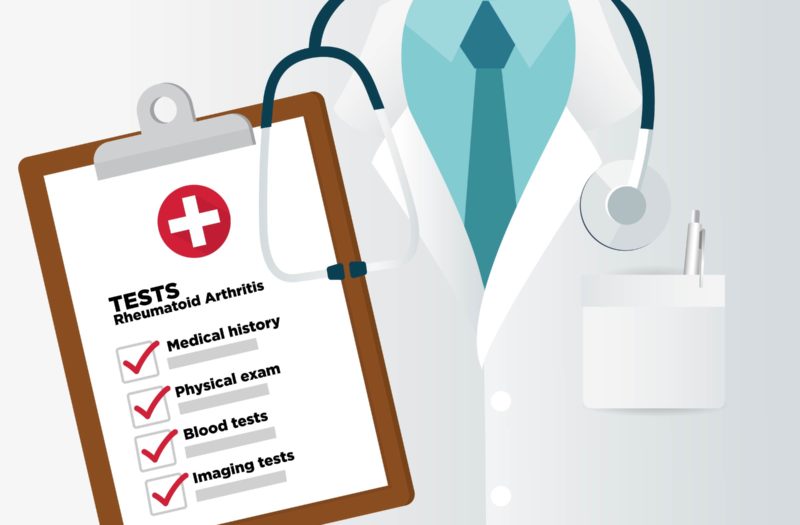
There can be many ways to diagnose generational trauma. Some of the most common methods include:
Psychodynamic Evaluation
This is a type of evaluation that looks at the psychological factors that may be contributing to a person’s problems. Furthermore, it often focuses on the effects of trauma and how it has been passed down through generations.
Behavioral Assessment
This is a type of assessment that looks at a person’s behavior and how it may be related to traumatic experiences in their past. It often focuses on how a person deals with stress and how they react to difficult situations.
Family Systems Evaluation
This is an evaluation that looks at the family as a whole unit. It examines how the family functions and how each member contributes to the overall system. It often looks at how previous traumas have been passed down through the family.
Treatment of Generational Trauma

There are many different treatments for generational trauma. Some of the most common methods include:
Psychotherapy
This is a type of therapy that focuses on helping people understand and cope with their traumatic experiences. Furthermore, it often involves talking about the trauma and how it has affected them emotionally, mentally, and physically.
Cognitive Behavioral Therapy
This is a type of therapy that helps people change the way they think about their traumatic experiences. Furthermore, it often involves changing negative thoughts into positive ones and learning how to cope with stress in healthy ways.
Medication Management
Some people who have experienced generational trauma may need medication to help them deal with their mental health disorders. This can be a very helpful tool and it can often help people get back to their normal lives.
Support Groups
Support groups can be a great way for people who have experienced generational trauma to connect with others who understand what they are going through. Furthermore, it can be helpful to share stories and experiences with others who have had similar experiences.
Family Therapy
Family therapy can be a helpful way for families who have experienced generational trauma to get help. It can allow family members to talk about their experiences and how this affects them. It can also help family members learn how to better cope with the trauma.
How To Deal With Generational Trauma?
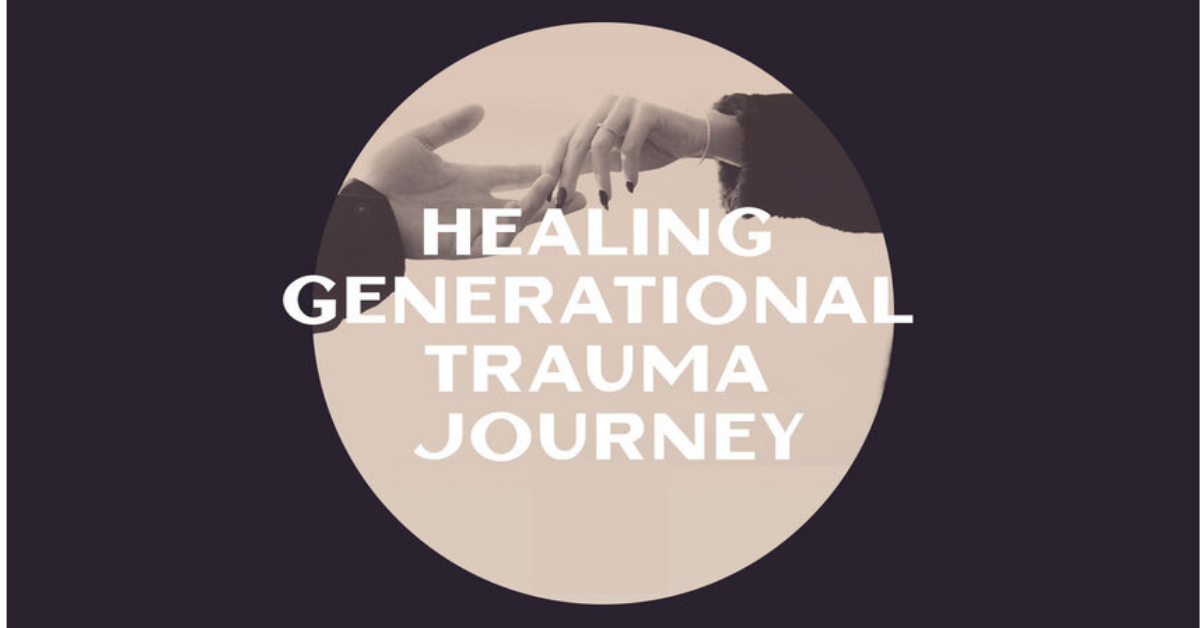
There are many ways to deal with generational trauma. Some of the most common methods include:
Educating Yourself
It is important to educate yourself about this trauma and what it is. This will allow you to better understand how it has affected you and your loved ones.
Seeking Help
If you are struggling with this trauma, it is important to seek help from a professional. This can be a very helpful way to get the support that you need.
Talking About It
It can be helpful to talk about your experiences with others who understand what you are going through. This can allow you to share your stories and feelings in a safe and supportive environment.
Supporting Others
You can also support others who have experienced this trauma by being there for them and listening to them. This can be a helpful way to show that you care and that you understand what they are going through.
Making Changes
You may also want to make changes in your life in order to deal with the trauma. This could include changing your lifestyle, your diet, or your habits. This can be a difficult process, but it can be very rewarding.
Conclusion
In conclusion, generational trauma can have a profound effect on individuals and families. Sometimes this can be because of genes and it can often cause mental health disorders and other problems. There are many different treatments for generational trauma, including psychotherapy, cognitive behavioral therapy, medication management, and family therapy. You can also support others who have experienced generational trauma by being there for them and listening to them. You may also want to make changes in your life in order to better deal with the trauma. Education is key when it comes to understanding generational trauma, so be sure to learn as much as you can about it.
A Word From Therapy Mantra
Your mental health — Your psychological, emotional, and social well-being — has an impact on every aspect of your life. Positive mental health essentially allows you to effectively deal with life’s everyday challenges.
At TherapyMantra, we have a team of therapists who provide affordable online therapy to assist you with issues such as depression, anxiety, stress, workplace Issues, addiction, relationship, OCD, LGBTQ, and PTSD. You can book a free therapy or download our free Android or iOS app.
